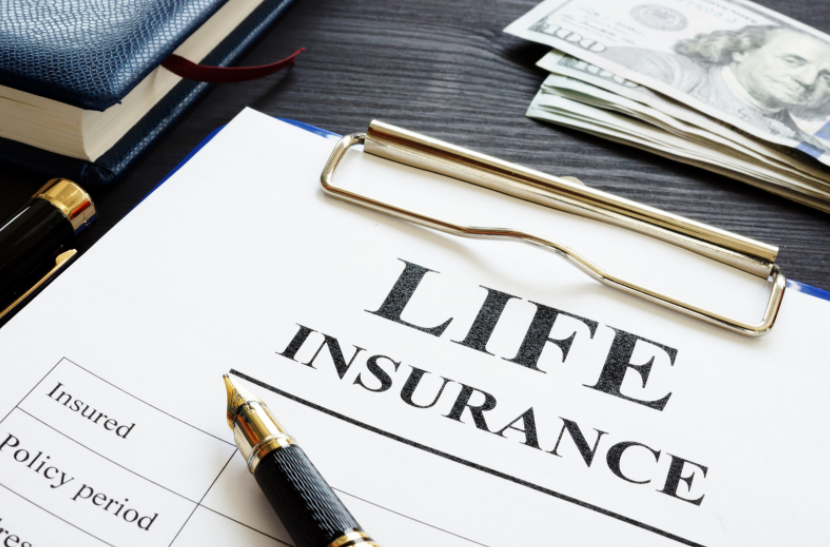Buying Life Insurance
October 24, 2020

A life insurance policy offers peace of mind that your dependents will be provided for financially after you die. Despite the potential for life insurance benefits to give much-needed support at a dire time, the sensitive nature of thinking about death often makes people shy away from looking into such a purchase. The COVID-19 pandemic, however, has led to substantial increases in consumers buying life insurance this year.
Types of Life Insurance
Life insurance policies get classified as either term or permanent. Buyers should understand the difference in order to ensure they purchase what best suits their needs.
As the name suggests, term life insurance is a policy that’s good for a specified amount of time. Twenty-year terms are the most popular, but lengths can range from five to 30 years. If the insured individual passes away during that span of time, his beneficiary receives payment in the amount stated in the life insurance policy. When the policy hits its expiration date, it has no cash value.
Consumers often find term life insurance a simple, affordable option. Much of its appeal comes from the set duration of the policy. Parents, for instance, may be interested in holding life insurance only while their children are under 18 so that their monetary needs can be taken care of if left orphaned.
The other kind of life insurance, commonly referred to as permanent, can be more expensive and trickier to understand but offer more benefits. Some consumers find permanent life policies attractive because they cover a lifetime rather than just a fixed period – you can’t outlive the policy (as long as you’ve paid the premiums). Others go this route because they want a policy that can build cash value that can be accessed while living.
The general category of permanent life insurance gets subdivided into whole life and universal life. Pluses of whole life insurance include a guarantee that your premium won’t increase over time, a fixed rate of return on the cash value, and a guaranteed death benefit that won’t go down. While usually cheaper to buy, the premiums and investment gains on the cash value component of a universal life policy can vary.
Life Insurance Considerations
Beyond the type of policy, other important issues to think about include:
- Coverage
This figure is the amount that will be paid out to your beneficiaries at the time of your death. Arriving at this number involves a serious look at what your loved ones’ financial situation would look like without you: loss of income, debts, living expenses, assets, etc. Subtract existing resources from projected financial need to derive your desired amount of coverage. Watch out for underestimating – a common mistake that leaves the policyholder with too little life insurance coverage. Using a life insurance calculator can help.
- Riders
A variety of extra features can be added to a life insurance policy. Popular ones to consider include terminal illness riders, chronic illness riders, and long-term care riders. They let you take money from the death benefit to deal with these health problems.
- Financial ratings
Since life insurance is a long-term financial decision, you want to do your best to ensure the company you pick will still exist for many years to come. Examine the financial strength of the institutions you are considering by checking out their ratings from different independent agencies, such as Moody’s, Standard & Poor’s, A.M. Best, Fitch Ratings, and Kroll Bond Rating Agency.
Purchasing life insurance is a major decision – and often a complex one. Refrain from buying a policy until you truly understand what you’re getting. Insurance agents, your financial advisor, and groups such as the National Association of Insurance Commissioners can help.
Also, shop around! Rates and services can differ substantially. Just remember not to focus solely on the bottom line. Don’t try to compare apples and oranges. Be certain the policies being presented by each company are equal in terms of policy type (term vs. permanent), coverage, and conditions.
Latest Posts
October 29, 2020
October 28, 2020
Getting Extended Car Warranty Coverage
October 27, 2020


